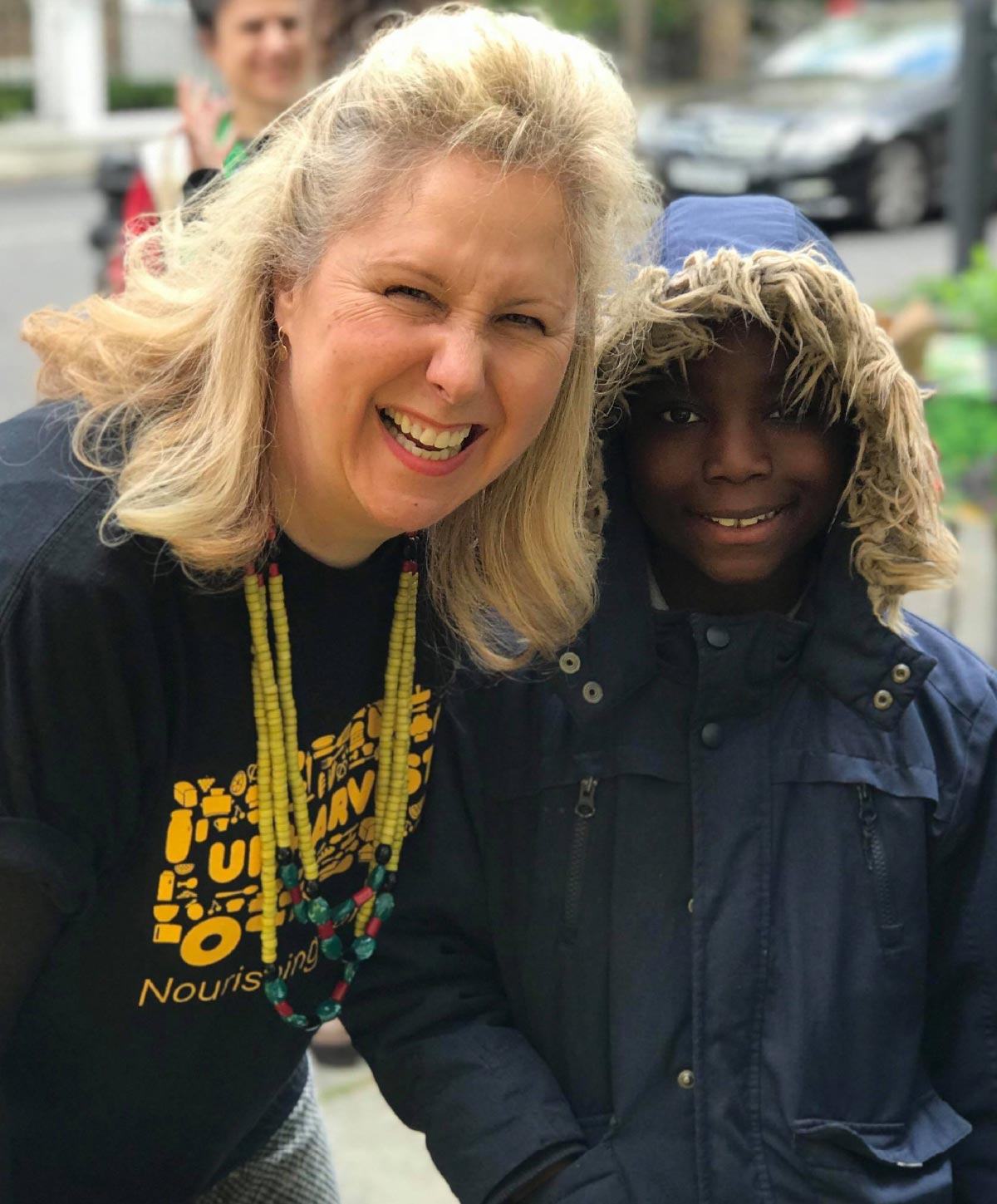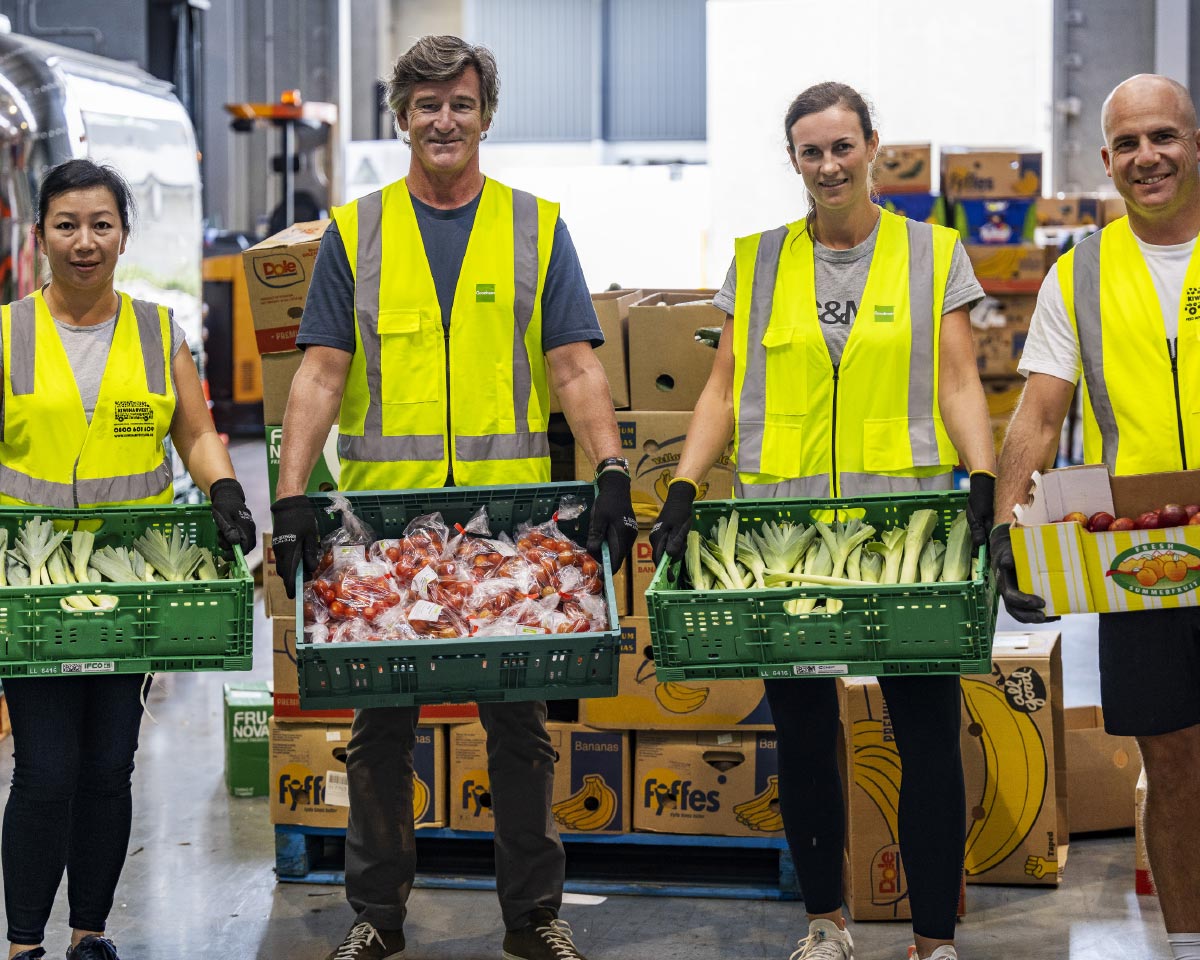UKHarvest
Demand for meals from UKHarvest soared during the pandemic. Yet without a central warehouse, the food rescue not-for-profit was grappling with the distances between its locations.
Not only that. UKHarvest had lost most of its workforce, volunteers and fundraising opportunities due to social distancing, making its mission to nurture those most food insecure a lot harder.
Last year, Goodman, as founding partners, stepped up again to fund a warehouse in Chichester, enabling UKHarvest to efficiently rescue and redistribute around 75,000 meals a week, contributing to the 7,900 tonnes of greenhouse gases it has saved to date.
The warehouse has cooking stations, fridges, a commercial dishwasher, a blast chiller, an area to repackage meals into smaller packages for partner charities and a spot to make pickles and jams.
There is also space to host cooking classes to boost community knowledge around healthy eating and how to make delicious inexpensive meals, while also reducing food waste.



